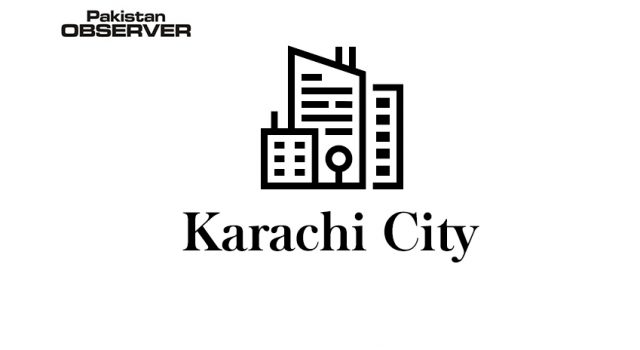Irfan Aligi
Sindh High Court (SHC) issued notices to Sindh Government, Sindh Chief Secretary, Inspector general of Police, IG Prisons and other concerned with regard to delay in trails of prisoners in jail in wait of start of their trial in court and their bail petitions in this context.
A two-member SHC bench heard different petitions on the subject aforementioned and the counsels on behalf of those lingering in jails without trials sought higher court’s assistance in obtaining proper record of such prisoners and demanded the higher court should pass an order for a forthwith report from the authorities concerned especially Police. They also sought court’s assistance regarding formation of a commission to look into prisons’ capacity and right of fair trial and dispensation of justices at an accelerated pace.
According to Human Rights Commission of Pakistan (HRCP), there are 6, 000 prisoners in Sindh’s 25 prisons and this number of the prisoners are greater than the established capacity. In Central Prison of Karachi, there is a limited capacity of 2400 prisoners but a huge number of 6006 prisoners are there in Karachi Prison. As well, Juvenile Jail Landhi has 3483 prisoners instead of an established capacity of 1591.
One thousand, nine hundred and fifty-five women prisoners and 1225 juvenile prisoners are in dilapidated health conditions and need immediate medical attention. Some 400 prisoners have serious dermatological problems.
There are only three doctors for Karachi’s jails. As far as jail condition in Balouchistan is concerned, 11 jails in Balouchistan have great water shortage to meet needs of the prisoners and it is feared that the prisoners might attract serious health problems from other jail mates due to close contact as the number of prisoners is greater than the established capacity.
AIDS is a common threatening disease that has affected a large number of prisoners and there are 71 prisoners in jails of Balouchistan affected with AIDS and there are 50 AIDS-affected prisoners in Karachi’s jails.
According to HRCP, up to 91 percent of under trial accused do not know what are the legal charges framed against them and almost 36 percent under trial accused cannot afford the services of a legal attorney to defend them in courts against the charges they are booked with.









